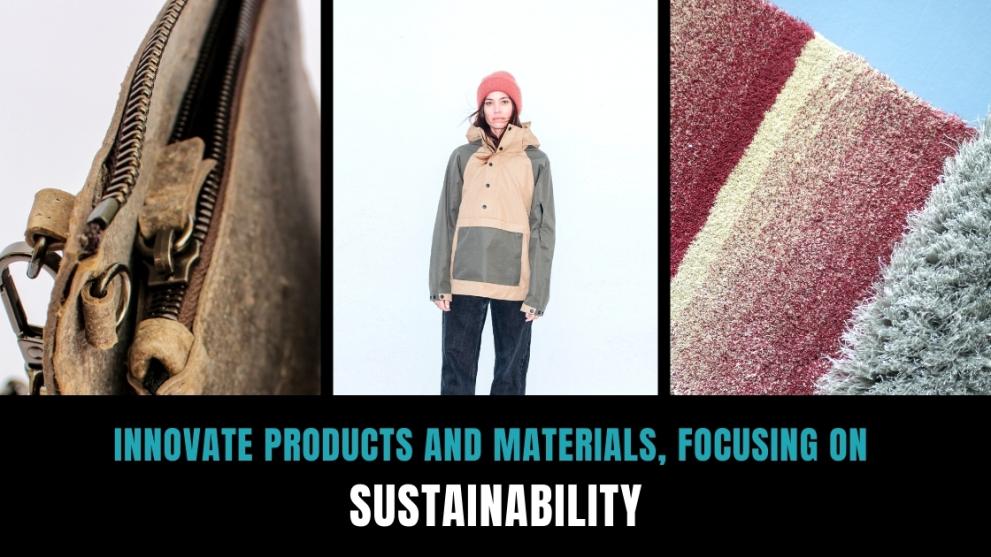
When working on a new idea, today it is more important than ever that designers and companies, in addition to considering aesthetics and functionality, ask themselves: “How can my product contribute to improve people’s lives?”.
Implicit in this question there is an important reference to the psychophysical well-being of people, as well as the environment in which they live, which cannot be separated from a reflection on the sustainability of the entire process, from production to the product itself, right up to the moment in which it has completed its life cycle. The designers and companies that take part in this paradigm shift will be more competitive because they will respond to a demand from the market and consumers who are already prepared to change their buying habits in favour of these products.
A 2020 study by IBM, Meet the 2020 consumers driving change , for example, shows how consumers shop “for good”. Nearly 6 in 10 consumers (57 percent) are willing to change their purchasing habits to help reducing negative impact to the environment, and among those who say sustainability is important for them, this jumps to 77 percent. Moreover, of those who say these traits are very important, over seven in 10 are willing to pay a premium for brands that support recycling, practice sustainability, and/or are environmentally responsible.
Many winning projects of the WORTH Partnership Project 3rd call worked in order to innovate products with an eye on sustainability and the future of the planet, no matter the area. Let’s see some examples! The partnership that created the project “ignorance is bliss” worked on a collection of handmade rugs, with fibres colored using waste, such as coal and iron from the drinking water supply companies and other organic wastes from the food, beverage and pharmaceutical industries. On the other hand, the project “Freyzein” worked on a high performance urban-outdoor apparel which is ground-breaking in terms of circularity and biodegradability, with products inspired by nature and by the cradle-to-cradle philosophy. Last, but not least, the project “Mocha Split” aims to present Cradle-to-Cradle bags made of banana peel leather and coffee packaging, It represents a new way of interpreting an accessory that combines ethics and aesthetics as the partners that worked on it intend to replace leather with vegan leather (from banana peel) and offer the market a product that is 100% sustainable and cruelty-free.
Details
- Publication date
- 24 March 2021
- Author
- European Innovation Council and SMEs Executive Agency
- News Type
- Inspire
- Worth News
